The Wild West wasn’t just about cowboys and saloons—these strange traditions made it even wilder.

The Wild West was a world of lawless towns, rough-and-tumble outlaws, and untamed frontiers. But beyond the gunfights and gold rushes, life on the frontier came with its own set of bizarre customs. From spitting contests that measured a man’s aim to outlaw codes that dictated the rules of an old-fashioned duel, these traditions shaped the rugged culture of the American West.
Some were practical, born out of necessity in a world where survival often depended on wit and skill. Others were just plain strange, proving that life on the frontier was anything but ordinary. Here are 13 of the most unusual customs that kept the Wild West as wild as ever.
1. Spitting contests turned tobacco chewing into a sport.
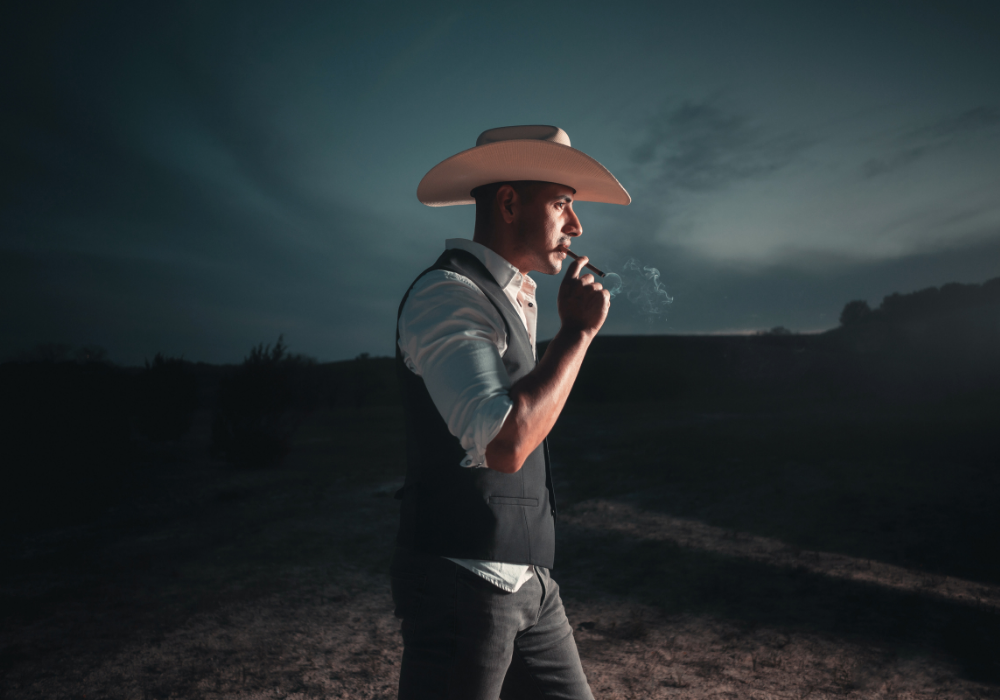
Chewing tobacco was everywhere in the Wild West, but it wasn’t just about getting a fix—it was a way to show off, based on the findings of National Library of Medicine. Spitting contests became a common pastime, where cowboys and townsfolk competed to see who could launch a stream of tobacco juice the farthest or with the most accuracy.
Some contests even included targets, like spittoons or chalk circles drawn on the ground. The best spitters earned bragging rights, while the worst often had to deal with a pair of dusty boots covered in misfires.
2. Bare-knuckle brawls settled scores without gunfire.
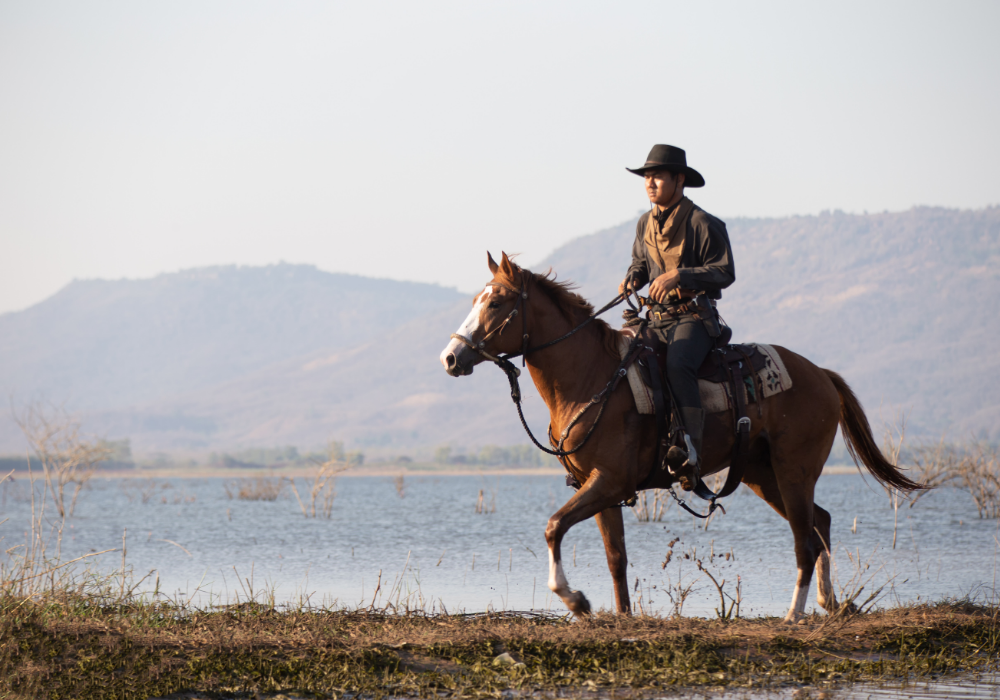
In towns where law enforcement was scarce, disputes often boiled over into brutal, no-rules fights. Bare-knuckle brawling was the preferred way to settle differences without resorting to gunfire, which could attract unwanted attention from sheriffs or vigilante groups. In fact, towns like Dodge City and Tombstone prohibited the carrying of firearms within city limits, requiring visitors to deposit their weapons upon arrival, according to Smithsonian.
These fights could last for hours, with little regard for injury. Some towns even had unofficial “fight nights,” where men would gather to watch the toughest locals trade blows until only one was left standing.
3. Frontier justice handed down sentences with shocking speed.
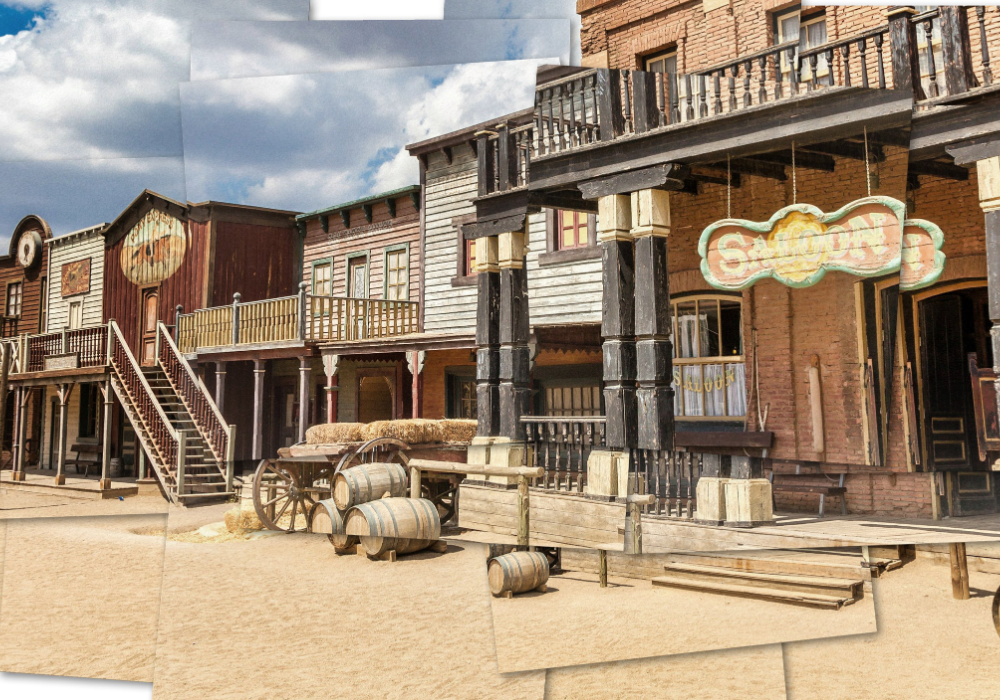
Courthouses were rare, and judges weren’t always available, so many Wild West towns took justice into their own hands. Town meetings or hastily assembled “people’s courts” decided punishments, often within hours of a crime being committed.
A guilty verdict could mean anything from a quick flogging to immediate banishment—or worse, according to Vocal. In many cases, swift hangings sent a clear message that certain crimes wouldn’t be tolerated.
4. Hat etiquette could prevent—or start—a fight.
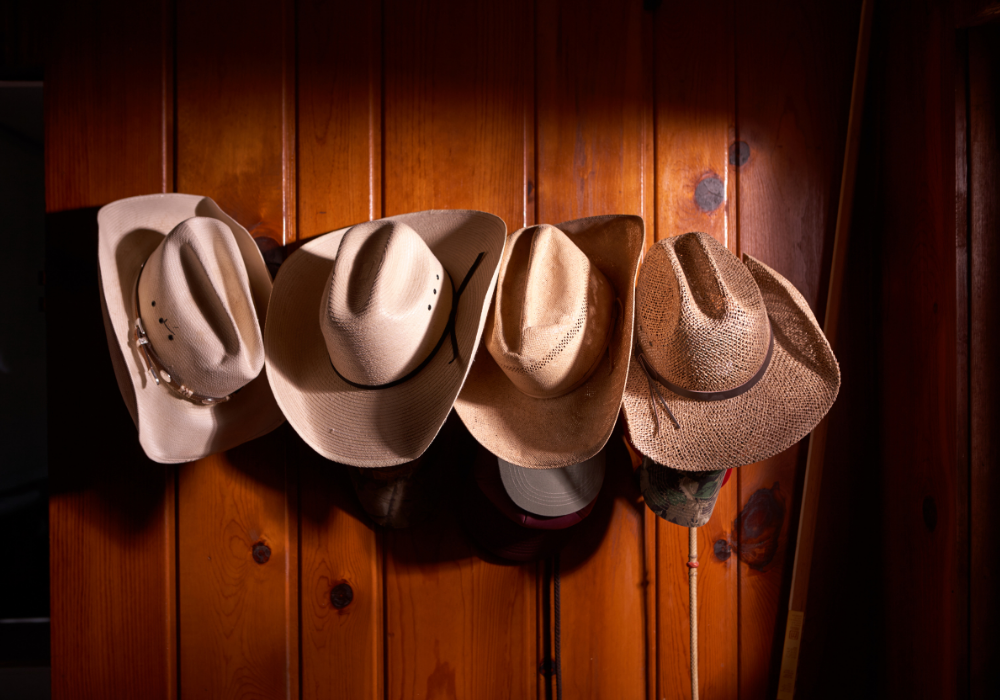
In the Wild West, tipping your hat was more than just a polite gesture. It could show respect, signal submission, or even provoke a fight if done incorrectly.
Tipping a hat to a lady was expected, but failing to remove it indoors or at a meal was considered rude. Meanwhile, slapping a man’s hat off his head was an invitation to a fistfight—one that often ended in bloodshed.
5. The ‘code of the West’ dictated unspoken rules.
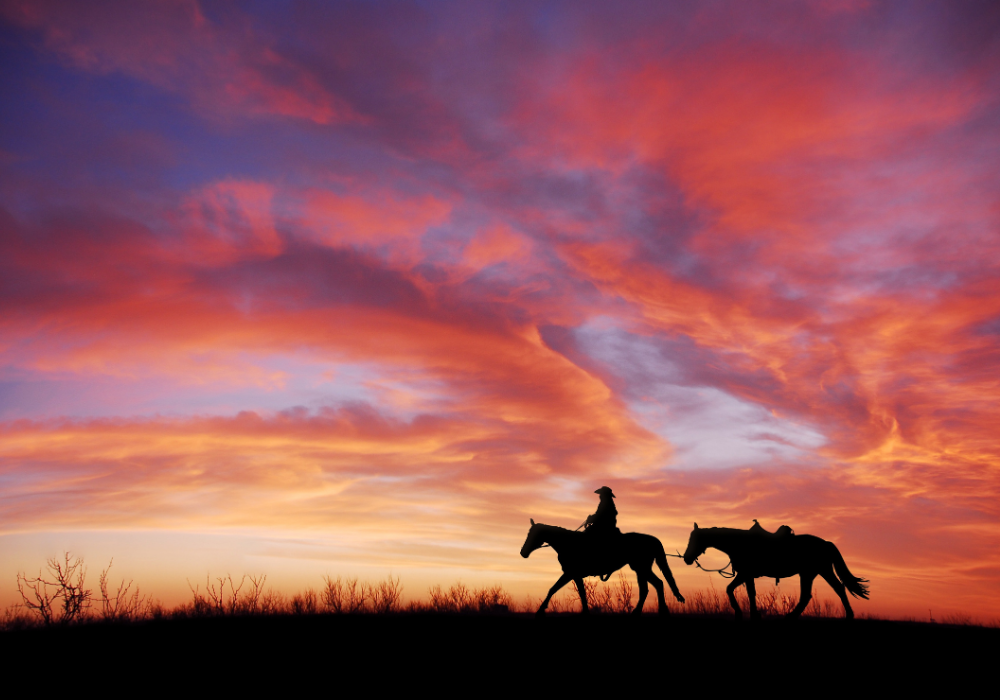
Though there were few written laws, the West had an unofficial code that governed behavior. It emphasized loyalty, bravery, and never backing down from a challenge.
Breaking the code could ruin a man’s reputation. If a cowboy failed to stand by his word or refused to help a fellow rider in need, he risked being ostracized—or worse, becoming an easy target for revenge.
6. Mustache competitions determined the most rugged men.
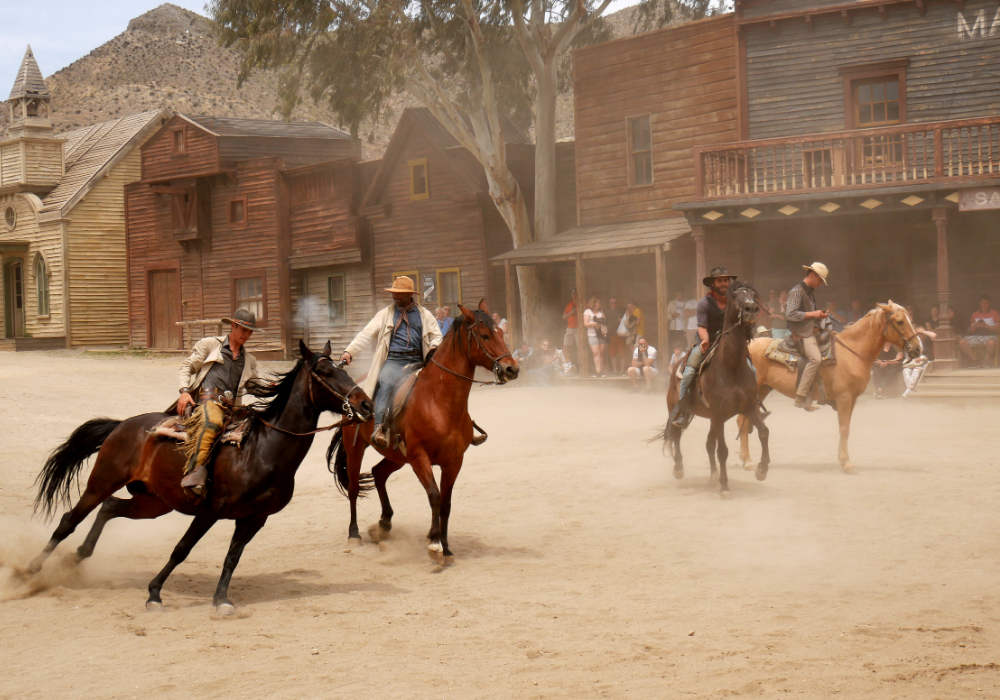
Facial hair wasn’t just a style choice—it was a badge of honor. In some saloons, men would enter mustache-growing competitions to prove their grit and masculinity. The longer and wilder the whiskers, the more respect a cowboy earned.
Some contests even had prizes, with the best mustaches winning rounds of drinks or a spot at the most respected poker tables. A man with a well-groomed mustache was seen as both tough and dignified.
7. Dueling still played a role in settling disputes.

Though officially outlawed in many places, dueling remained a common way to handle grudges. The rules varied, but most showdowns followed a strict format, ensuring that both men had a fair shot—literally.
Many disputes ended before the first shot was fired, as one man would often back down at the last second. But for those who followed through, the results were often deadly, reinforcing the Wild West’s reputation for danger.
8. Cattle branding was both business and bragging rights.
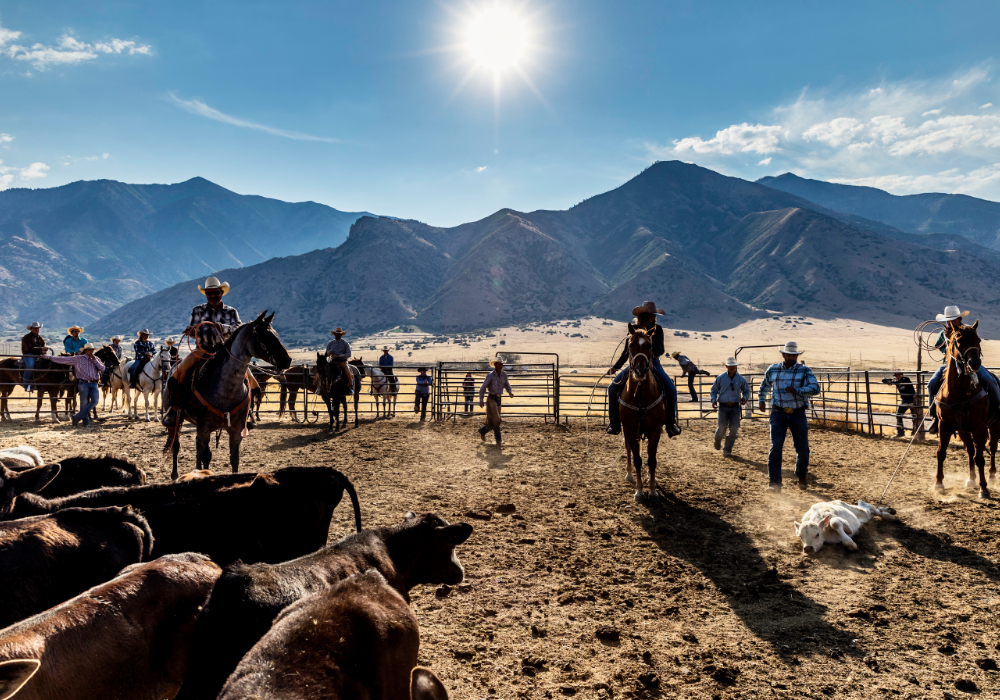
Marking cattle with a hot iron was a necessity, but in many ways, it became an art form. Ranchers took pride in creating unique brands that not only marked their livestock but also showed off their status.
A well-designed brand signaled a powerful ranch, and disputes over stolen cattle could lead to shootouts. Branding became so important that cattle rustlers often went to extreme lengths to alter or cover up stolen brands.
9. Dance hall girls were more than just entertainment.
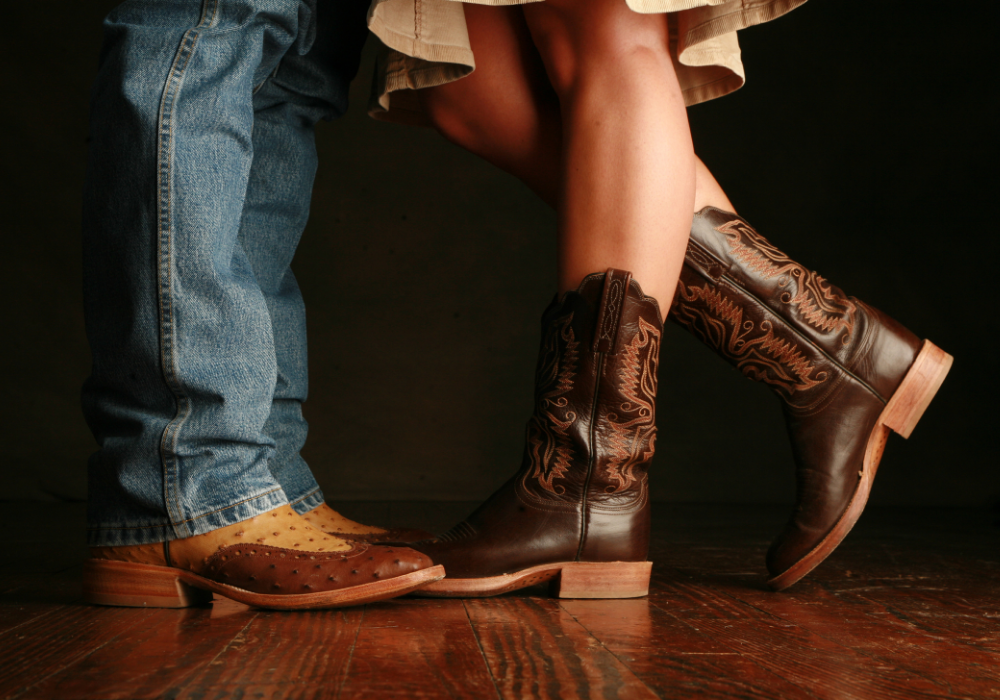
Dance halls were often the heart of a town’s social life, and the women who worked there weren’t just dancers—they were businesswomen, confidantes, and sometimes spies.
Many dance hall girls made a living by charging cowboys for dances, drinks, or conversation. Some even worked with law enforcement, using their positions to gather intelligence on outlaws and fugitives passing through town.
10. Saloon poker games had unwritten rules.
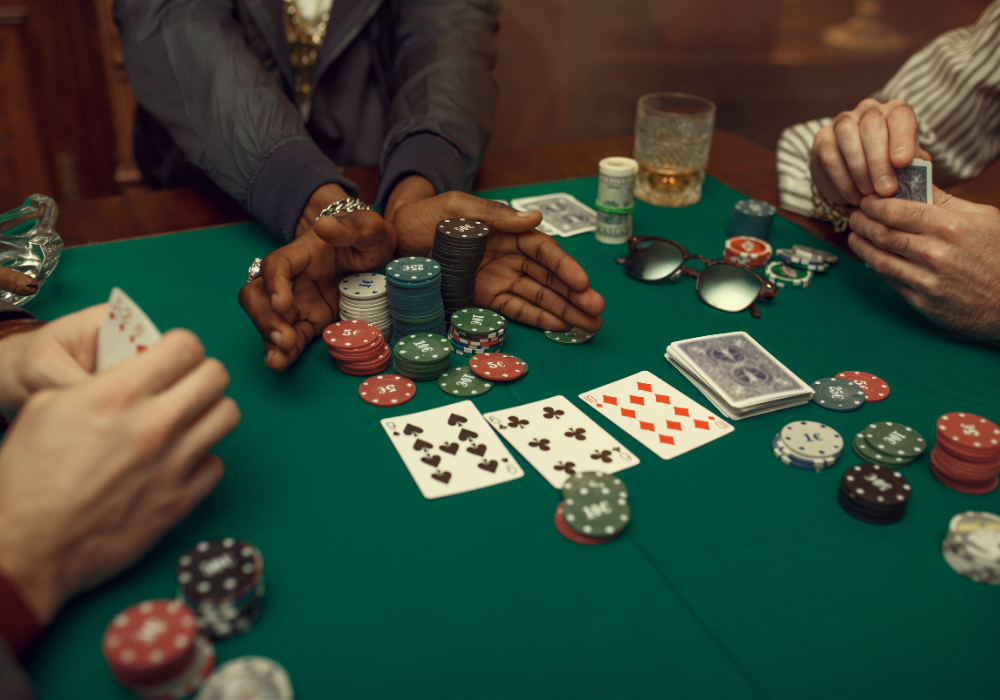
A poker table in a Wild West saloon wasn’t just about winning money—it was about knowing how to play the game the right way. Certain behaviors, like cheating or slow-playing a hand, could get a gambler thrown out or worse.
Some games lasted for days, with fortunes won and lost overnight. Winning was important, but showing the right level of sportsmanship (or knowing when to walk away) mattered just as much.
11. Train robbers followed their own strange code.
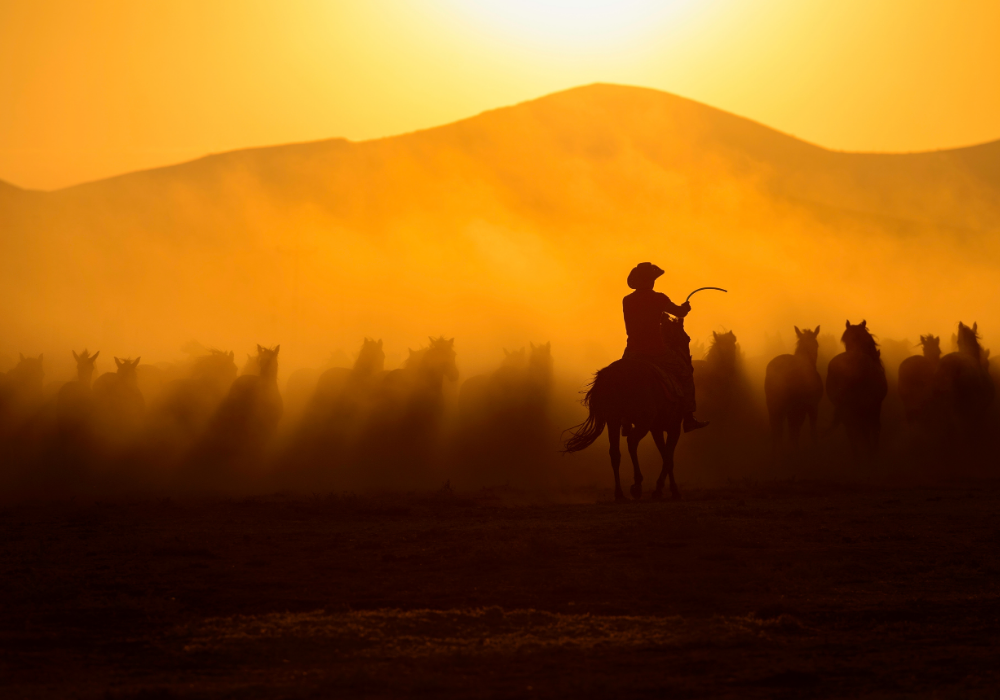
Outlaws who targeted trains often had their own set of rules. Some gangs avoided harming passengers, focusing only on stealing from wealthy businessmen or banks. Others went further, leaving behind notes or calling cards to taunt law enforcement.
Despite their crimes, some train robbers became folk heroes, seen as modern-day Robin Hoods who took from the rich and gave back to struggling communities—or at least made sure local saloons stayed in business.
12. Claim jumping led to deadly standoffs.
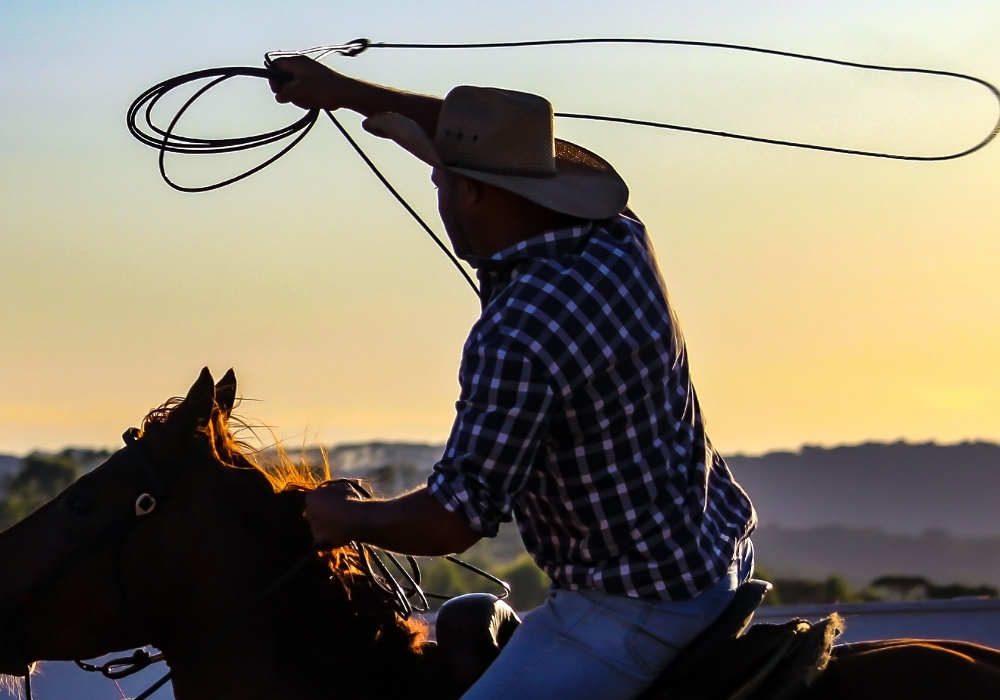
During the gold rush, a miner’s claim was his most valuable asset. But with little legal protection, claim jumping—taking over someone else’s land—became a serious problem.
Miners often had to defend their stakes with force. Many carried guns not just to fend off bandits but to protect their land from opportunists looking to steal their fortune.
13. Rodeo-style contests proved a cowboy’s worth.
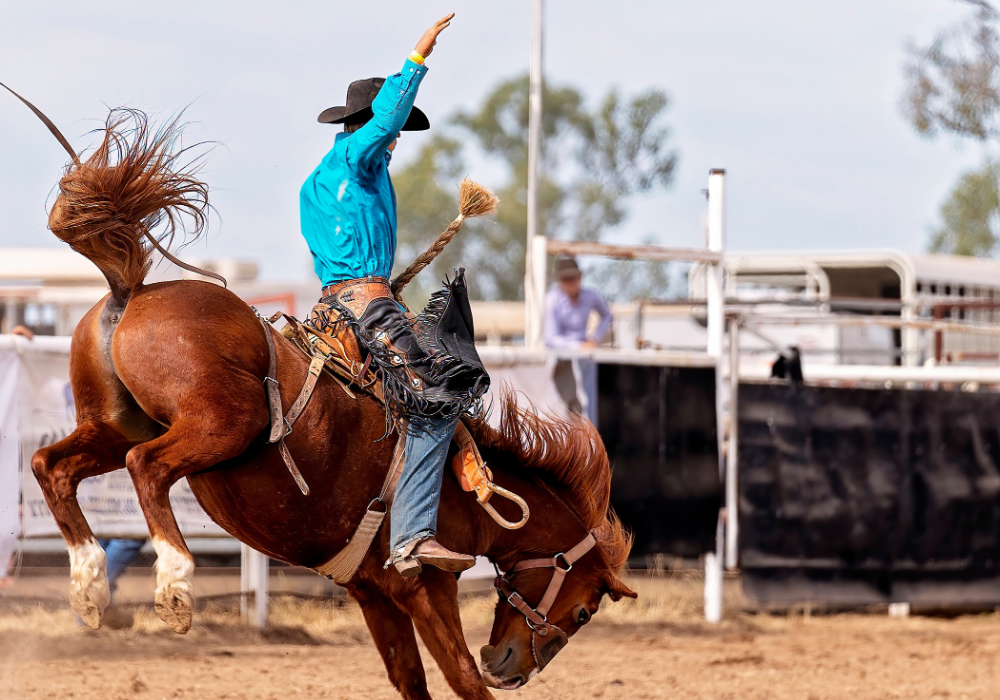
Before rodeos became official competitions, cowboys tested their skills in impromptu contests. These ranged from bronco riding and steer roping to wrestling cattle by hand.
Winning one of these informal rodeos meant respect and bragging rights, often earning a cowboy free drinks or a better job offer. Even in lawless times, a cowboy’s reputation depended on how well he could handle himself—and his horse.
